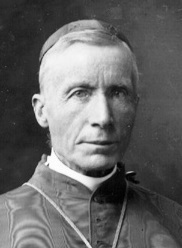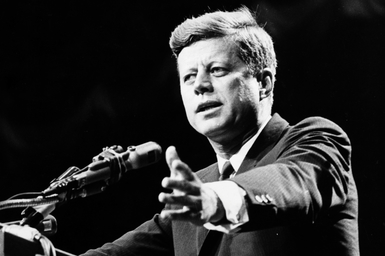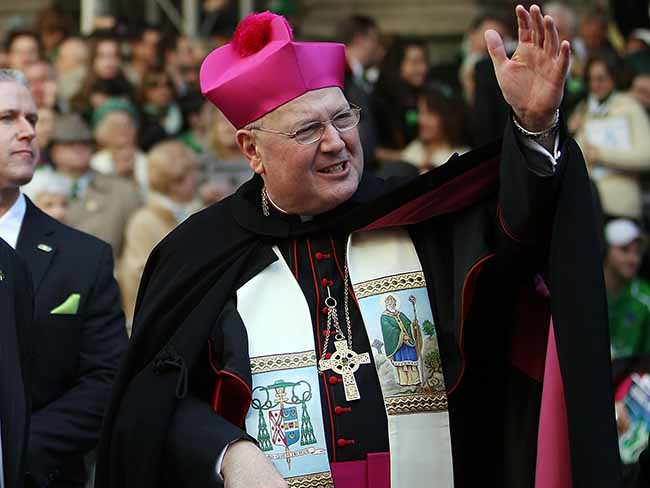The Irish-American Tradition of Resisting the Church with High-Flown Blarney
March 17, 2015

CARDINAL James Gibbons (1834-1921), protesting the Holy See ’s condemnation of the works of the socialist Henry George, wrote:
In dealing with so practicable a people as the Americans , in whose genius bizarre and impracticable ideas quickly find their grave, it seems to me that prudence suggests that absurdities and fallacies be allowed to perish by themselves, and not run the risk of giving them an importance, a life and an artificial force by the intervention of the tribunals of the Church. {Cited here.}

On September 12, 1960, Senator John F. Kennedy, who was running for president at the time, told a gathering of the Greater Houston Ministerial Association:
But let me stress again that these are my views—for contrary to common newspaper usage, I am not the Catholic candidate for President. I am the Democratic Party’s candidate for President who happens also to be a Catholic. I do not speak for my church on public matters—and the church does not speak for me.

Cardinal Timothy Dolan, who cannot reasonably be considered a cardinal of the Catholic Church, is grand marshal of the 2015 New York City St. Patrick’s Day parade, which takes place today and which allows an openly homosexual group for the first time. He said:
“The most important question I had to ask myself was this: does the new policy violate Catholic faith or morals? If it does, then the Committee has compromised the integrity of the parade, and I must object and refuse to participate or support it.”
“From my review, it does not. Catholic teaching is clear: “being Gay” is not a sin, nor contrary to God’s revealed morals.”
